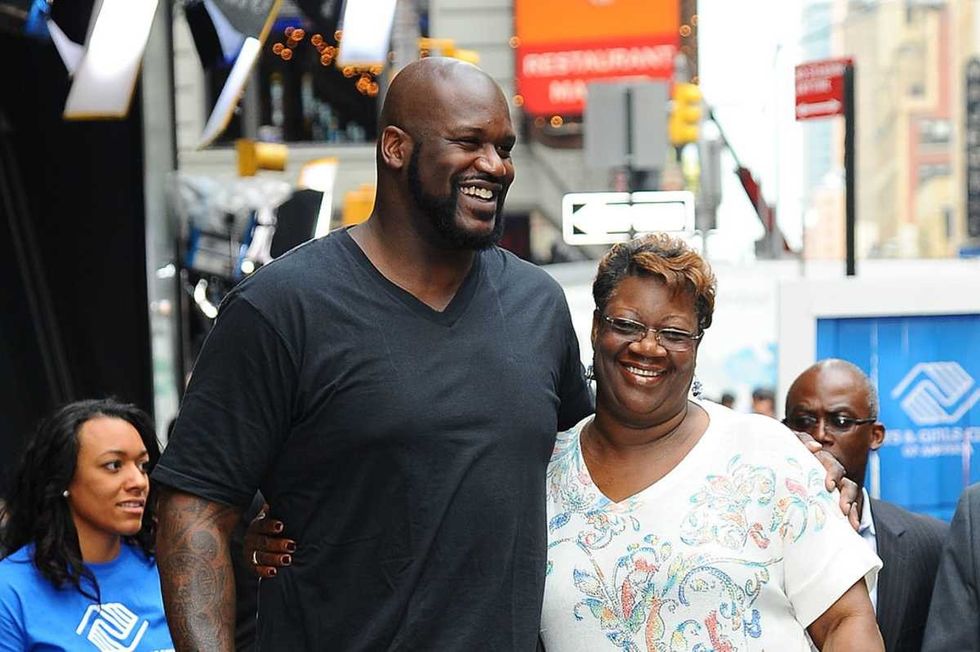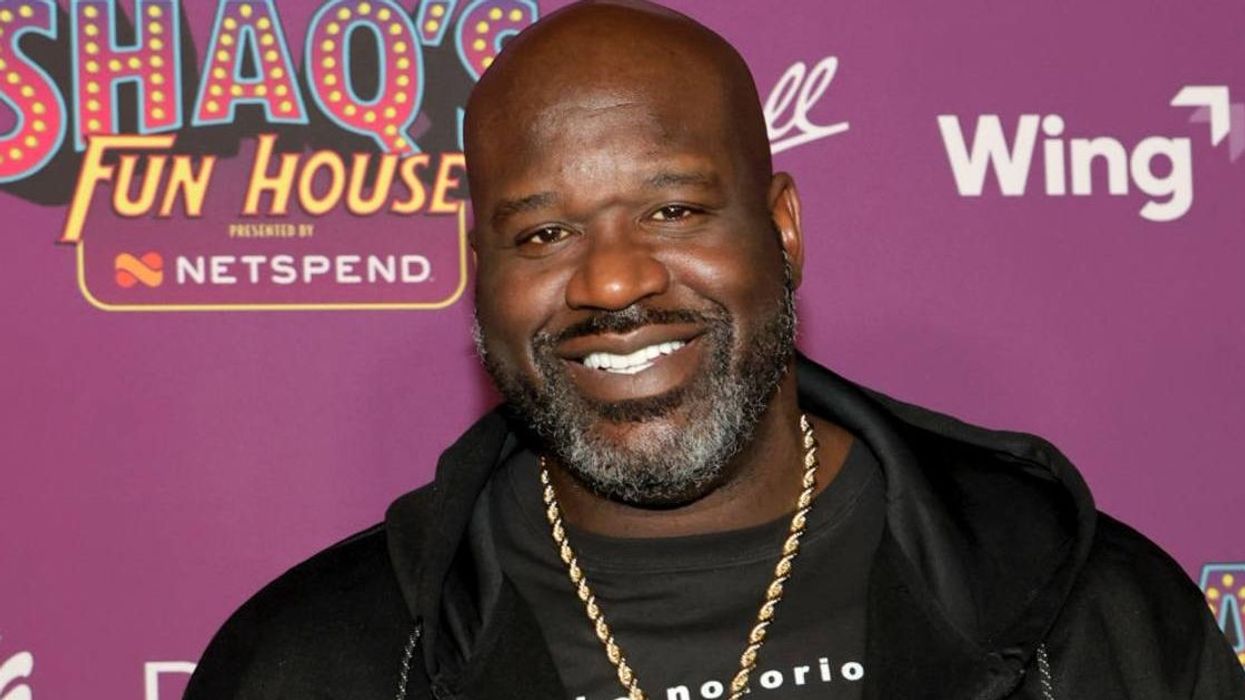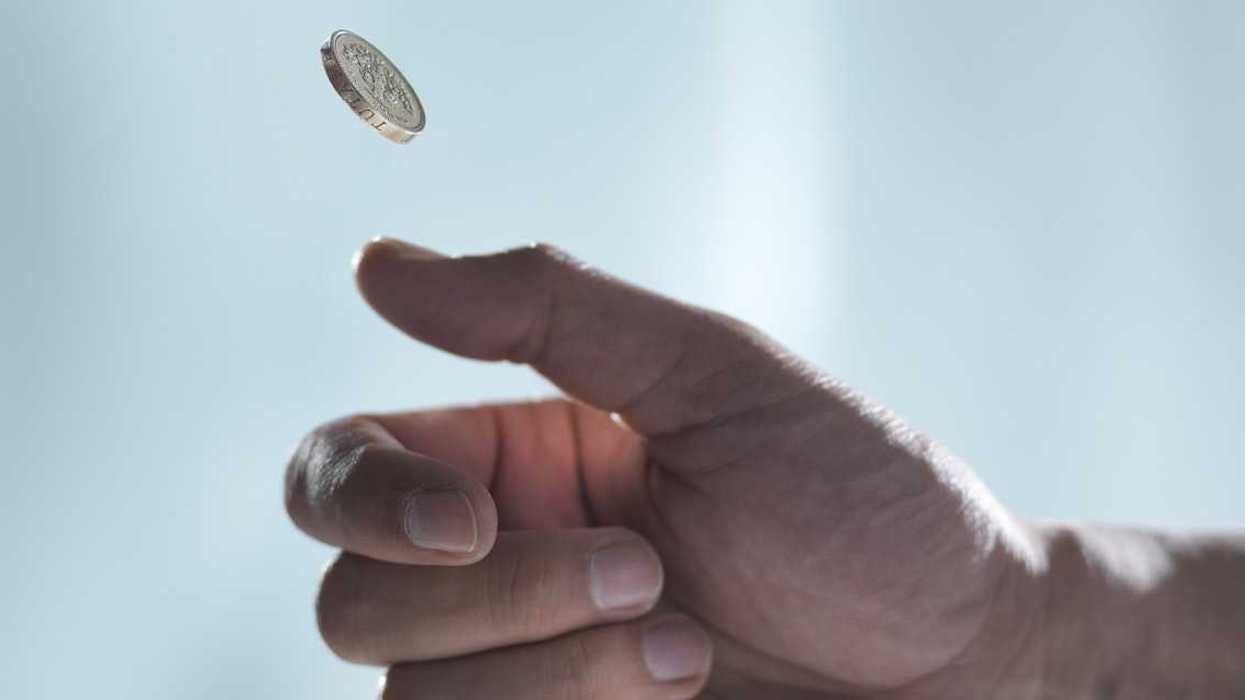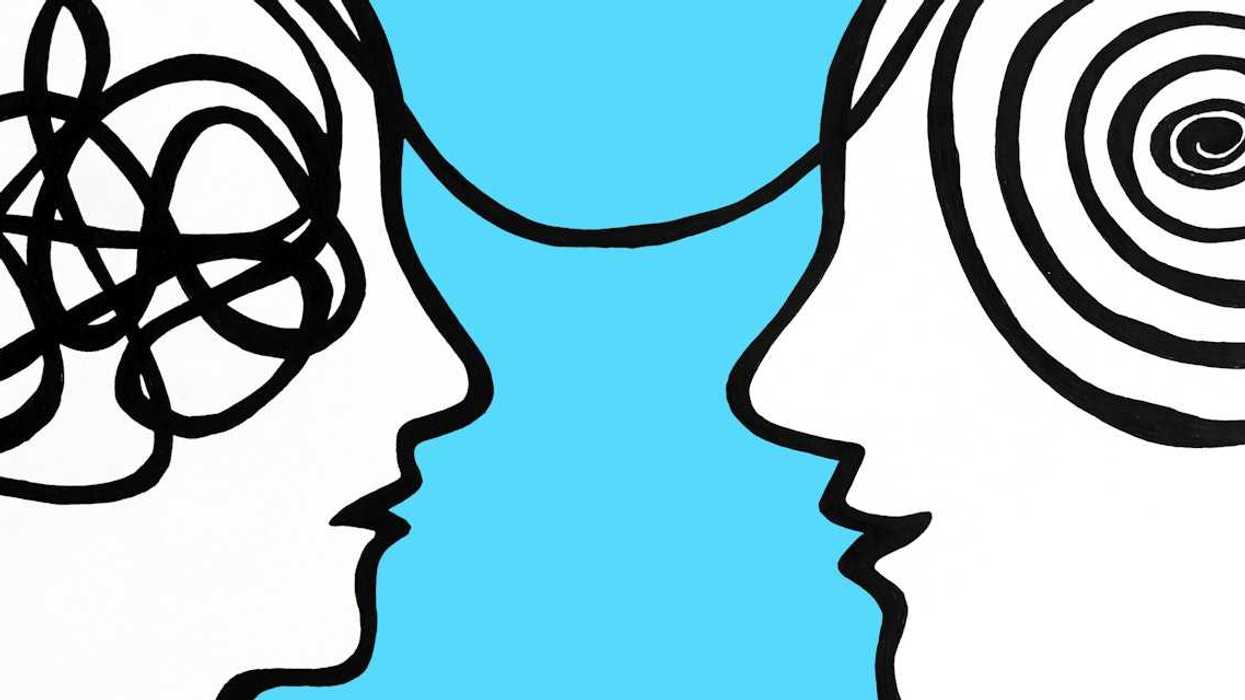After Shaquille O’Neal’s biological father was incarcerated, his mother married Phillip Harrison, the man who would become a pivotal figure in Shaq's life and basketball career. Harrison, a steadfast source of guidance, often took a teenage Shaq to Madison Square Garden, telling him he’d one day play there. “He’s the guy that told me one day that I would be here,” Shaq recalled during All-Star Weekend in 2022. When Harrison passed away in September 2013, Shaq grieved deeply, despite having been taught not to cry. On the podcast Dear Fathers, Shaq shared with host Jesse Alex the touching five-word letter he would dedicate to his late stepdad.

Jesse said that they have a segment in their podcast where they ask their guests to write a hypothetical letter to their dads, starting with “Dear father.” He asked Shaq what would he write in the five-word letter to his father. While the Los Angeles Lakers champion pondered on these five words, he recollected some memories of how his father was so tough as a man. “My father was so hard. When my mother passed away, he didn’t even cry,” Shaq said.
“My father wasn’t big on conversations,” he told Jesse, “Growing up, I wanted everything, I was busting everybody else. We play on Saturday, we come back, we had a little cookout. When I wake up on Sunday, those trophies are gone.” Harrison would take all the trophies away and shove them in a little room because he never wanted Shaq to become “satisfied.” But there were moments when he was soft. Shaq recalled that his father cooked delicious turkey sandwiches for him. After much contemplation, Shaq came upon the five-word letter that he addressed to “Dear Philip Sergeant Harrison Butchie.” He said, “Thank you, you are right.”
Harrison valued discipline and pushed his children toward perfection. When Shaq was about 8 years old and close to 6 feet tall, Harrison started teaching him the basics of basketball, according to PEOPLE. He gave him basketball-related books to read, and trained him “how to box out and shoot” with his “elbow tucked in the right way.” When he was a teenager, Harrison took him to a Knicks basketball game that changed his life. As he watched Julius Erving play, Shaq knew what he wanted to do in his life.
His relationship with his stepdad, although warm and strong, wasn’t devoid of some emotional distance. And even though he taught Shaq not to cry, when he died, Shaq couldn’t hold back. “My father taught me not to really cry and be sad, so when he passed away, I really let it go because I didn't get to tell him thank you enough,” he shared on Shaq Life. “Because of you Sgt Philip a Harrison, I fulfilled all my dreams, I know you resting easy big man. Can’t thank you enough, and don’t worry I got the family,” Shaq wrote on Instagram in 2020.


















 Regular exercise and a balanced diet are cornerstones to aging well.
Regular exercise and a balanced diet are cornerstones to aging well.


 Oral Wegovy pills were approved by the Food and Drug Administration in December 2025 and became available for purchase in the U.S. in January 2026.
Oral Wegovy pills were approved by the Food and Drug Administration in December 2025 and became available for purchase in the U.S. in January 2026. Despite the effectiveness of GLP-1 drugs for weight loss, there is still no replacement for healthy lifestyle patterns, including regular exercise.
Despite the effectiveness of GLP-1 drugs for weight loss, there is still no replacement for healthy lifestyle patterns, including regular exercise.


 What foods would you pick without diet culture telling you what to do?
What foods would you pick without diet culture telling you what to do?  Flexibility can help you adapt to – and enjoy – different food situations.
Flexibility can help you adapt to – and enjoy – different food situations.
 Anxious young woman in the rain.Photo credit
Anxious young woman in the rain.Photo credit  Woman takes notes.Photo credit
Woman takes notes.Photo credit